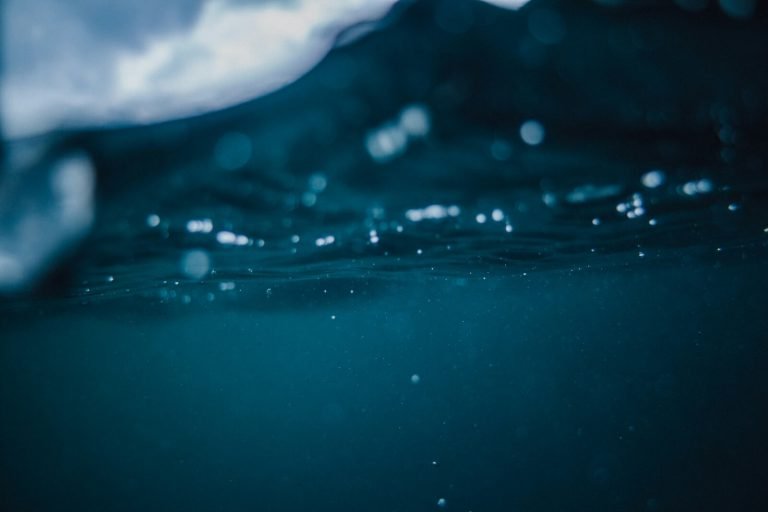Beneath the vast swells and beneath every turbine blade lies a realm of complexity that few turn to when thinking of opportunity. Yet it is within the hidden strata and turbulent currents where a seasoned team has been forging the foundations of tomorrow’s energy landscape. Today’s narrative revolves around how deep technical acumen and unwavering dedication to safety and sustainability are quietly reshaping the offshore energy sector from the ground up, offering a vantage point too compelling for strategic investors to overlook.
RYDER’s story unfolds through more than just blueprints and calculations. It is a chronicle of decades spent mastering the interface between human ambition and the relentless forces of the ocean. This collective experience has been distilled into a suite of geotechnical, subsea and structural design services that transform theoretical concepts into robust, real-world installations. Investors seeking long-term exposure to decarbonisation efforts will recognise the value inherent in a consultancy that can anticipate soil behaviours and seabed conditions, crafting solutions that minimise risk and optimise asset longevity in environments where margins for error are vanishingly small.
At the heart of this expertise lies geotechnical investigation, the meticulous analysis that serves as the foundation for every offshore undertaking. Understanding soil stratigraphy and load-bearing capacity is not merely an academic exercise but a critical determinant of project viability. By leveraging advanced site investigation techniques and simulation tools, the team can model interactions between structures and seabed with a degree of precision that reduces unforeseen costs and accelerates time to operation. From mooring systems for floating wind platforms to pile design for wave energy converters, these insights underpin decisions that materially affect capital expenditure and operational resilience.
Equally significant is RYDER’s command of subsea engineering, a domain where pipelines and cables traverse unpredictable terrains and shifting sediments. The deployment of remotely operated vehicles alongside thermal and mechanical performance analyses ensures that infrastructure integrity is maintained from installation through decades of service. For investors, this translates into confidence that assets will deliver expected returns without hidden liabilities arising from cable failure or unplanned maintenance. The ability to navigate evolving regulatory landscapes and environmental standards further insulates stakeholders from reputational and financial setbacks, reinforcing the alignment between technical excellence and commercial prudence.
RYDER’s narrative does not stop at conventional hydrocarbons. The rise of floating offshore wind and emerging tidal and wave energy technologies presents a fresh frontier, one where innovative foundation designs and bespoke anchoring solutions are instrumental. Floating foundations must perform under cyclical loads and dynamic wave forces, a challenge that calls for finite element analyses and fatigue assessments tailored to each deployment. By pioneering foundations that accommodate these variables, the consultancy positions itself at the vanguard of renewable energy implementation offshore. This early-mover advantage affords investors a stake in scalable, sustainable energy sources that are set to capture an expanding share of global power generation.
Project management emerges as the connective tissue that binds technical prowess to commercial success. Through rigorous planning and scheduling, risk assessment, and quality control, every phase of a project is orchestrated to align with budgetary and timeline objectives. This holistic approach mitigates the common pitfalls of cost overruns and delays, elements that can erode returns and strain stakeholder confidence. For the discerning investor, the assurance that projects will fulfil milestones on time and within financial parameters is as valuable as the engineering designs themselves.
Safety and sustainability form the dual pillars of RYDER’s ethos. Adherence to the highest industry standards safeguards personnel and assets, while environmentally conscious practices minimise ecological footprints. From optimising energy efficiency in operations to advocating for renewable integrations and low-impact site interventions, the consultancy embodies a future-forward commitment that resonates with institutional mandates for responsible investment. This alignment with Environmental Social and Governance criteria not only enhances reputational standing but also broadens access to capital sources that prioritise sustainable outcomes.
Geographical diversity further strengthens RYDER’s proposition. Case studies span Taiwan’s burgeoning offshore wind farms, the seismic complexities of East Java’s mooring designs, and the nuanced seabed characteristics of the Norwegian fjords. Each project contributes unique data and insights, refining methodologies and expanding the consultancy’s knowledge base. As markets from the North Atlantic to the South China Sea embrace low-carbon transitions, investors gain exposure to a partner whose lessons learned in one setting can be swiftly adapted to emerging opportunities elsewhere.
Tekmar Group plc (LON:TGP) vision is to be the leading provider of technology and services to the global offshore energy markets. The Group’s three primary operating companies are RYDER, Tekmar Energy and Pipeshield International.







































